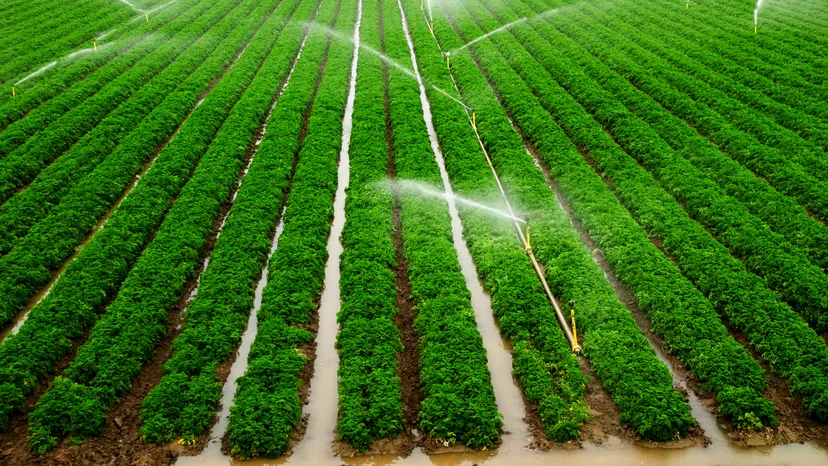The Advantages of a Proper Water Irrigation System for Farmers

For farmers, water is a vital resource that directly impacts the success of their crops and overall agricultural productivity. Implementing a Padman Water Solutions system can provide numerous advantages and contribute to the efficiency and sustainability of farming practices.
Implementing an efficient water irrigation system is a wise investment for farmers, enabling them to enhance productivity, increase crop yields, and contribute to a more sustainable agricultural sector. Let’s explore some of the key benefits of a well-designed water irrigation system for farmers.
Water irrigation system ensures that crops receive an adequate and consistent water supply.
Irrigation systems can be designed to distribute water directly to the roots of plants, minimizing wastage and maximizing the effectiveness of water usage. By providing water in the right quantities at the right time, farmers can optimize plant growth, yield, and quality.
Allows farmers to overcome water scarcity or irregular rainfall patterns.
In areas where rainfall is limited or unpredictable, irrigation systems provide a reliable water source. Farmers are no longer solely dependent on rainwater for their crops, reducing the risk of drought-related crop failures and ensuring continuous agricultural production.
Manage water resources more efficiently.
Modern irrigation technologies, such as drip irrigation or precision sprinklers, deliver water directly to the root zone of plants, minimizing water loss due to evaporation or runoff. This targeted approach helps conserve water, reduces overall water usage, and increases water use efficiency. By using water resources effectively, farmers can make better use of available land and optimize their agricultural output.
Ability to control the timing and frequency of watering.
Farmers can tailor irrigation schedules to match the specific needs of different crops, growth stages, and soil conditions. This precision allows for better crop management, ensuring optimal plant health and minimizing the risk of diseases associated with overwatering or water stress.
Irrigation systems can also help in the efficient use of fertilizers and nutrients.
Through techniques like fertigation, farmers can deliver nutrients directly to plants along with the irrigation water. This targeted application minimizes nutrient wastage and improves nutrient uptake by plants, leading to enhanced crop growth and reduced environmental impact.
Implementing a water irrigation system can contribute to sustainable farming practices.
By managing water resources responsibly and reducing reliance on rainwater, farmers can reduce their ecological footprint and contribute to water conservation efforts. Controlled irrigation can also help prevent soil erosion and maintain soil health, as water is evenly distributed and absorbed into the soil, preventing surface runoff that can carry away topsoil and nutrients.
Aproper water irrigation system offers numerous advantages to farmers. It ensures consistent water supply, overcomes water scarcity, and improves water use efficiency. By allowing precise control over irrigation timing and frequency, farmers can optimize crop growth and minimize water-related risks. Additionally, irrigation systems contribute to sustainable farming practices by conserving water, reducing environmental impact, and promoting soil health.






